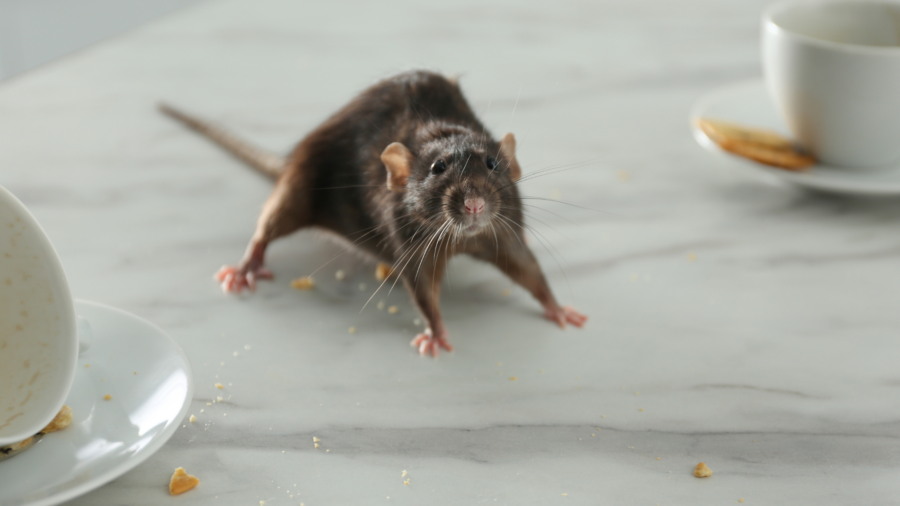READY TO GET STARTED?
REQUEST A FREE ESTIMATE
Fill out the form below or call (888) 466-7849 for a free, no-obligation estimate.

Rodents, while small in stature, can wreak havoc on homes in Georgia, posing risks to both property and health. From sneaky mice to persistent rats, these unwelcome guests can contaminate food, damage structures, and spread diseases. If left unchecked, a rodent infestation can spiral out of control. Fortunately, there are effective rodent control strategies available to homeowners in Georgia. In this guide, we’ll explore the types of rodents commonly found in Georgia homes, signs of infestation, the risks they pose, and crucially, how to eradicate and prevent them from infiltrating your home.
In Georgia, homeowners often encounter several types of rodents, including house mice, roof rats, and Norway rats. House mice, the most common species, are small and agile, capable of squeezing through tiny openings to access homes. Roof rats, also known as black rats, are skilled climbers and tend to nest in attics and high places. Norway rats, larger in size, typically burrow in the ground but may also inhabit basements and crawlspaces. Identifying the species invading your home is crucial for implementing effective control measures.
Detecting a rodent infestation early is vital in preventing further damage and health risks. Look out for telltale signs such as droppings, gnaw marks on food packaging or furniture, nests made of shredded materials, and scampering noises in walls or ceilings. Additionally, pet owners should be cautious as rodents are attracted to pet food left out in the open, making it an easy target for contamination.
Rodents pose significant risks to both property and health. They can chew through electrical wiring, causing potential fire hazards, and undermine the structural integrity of buildings by gnawing on wood and insulation. Moreover, rodents are carriers of various diseases, including salmonellosis, hantavirus, and leptospirosis, which can be transmitted to humans through contact with contaminated surfaces or inhalation of airborne particles.
When faced with a rodent infestation, prompt action is essential. While DIY methods may provide temporary relief, consulting a professional rodent control company ensures thorough eradication and long-term prevention. Pest control experts employ a combination of tactics tailored to the specific situation, including:
While professional intervention is crucial in combating rodent infestations, homeowners can take proactive steps to minimize the risk of recurrence. Here are some practical tips for rodent prevention:
In conclusion, effective rodent control is essential for maintaining a healthy and pest-free home environment in Georgia. By identifying common rodent species, recognizing signs of infestation, understanding the risks posed by rodents, and implementing comprehensive control measures, homeowners can safeguard their property and family against the perils of rodent infestations. Remember, when it comes to rodent control, swift action and professional expertise are key to achieving lasting results.
Categories